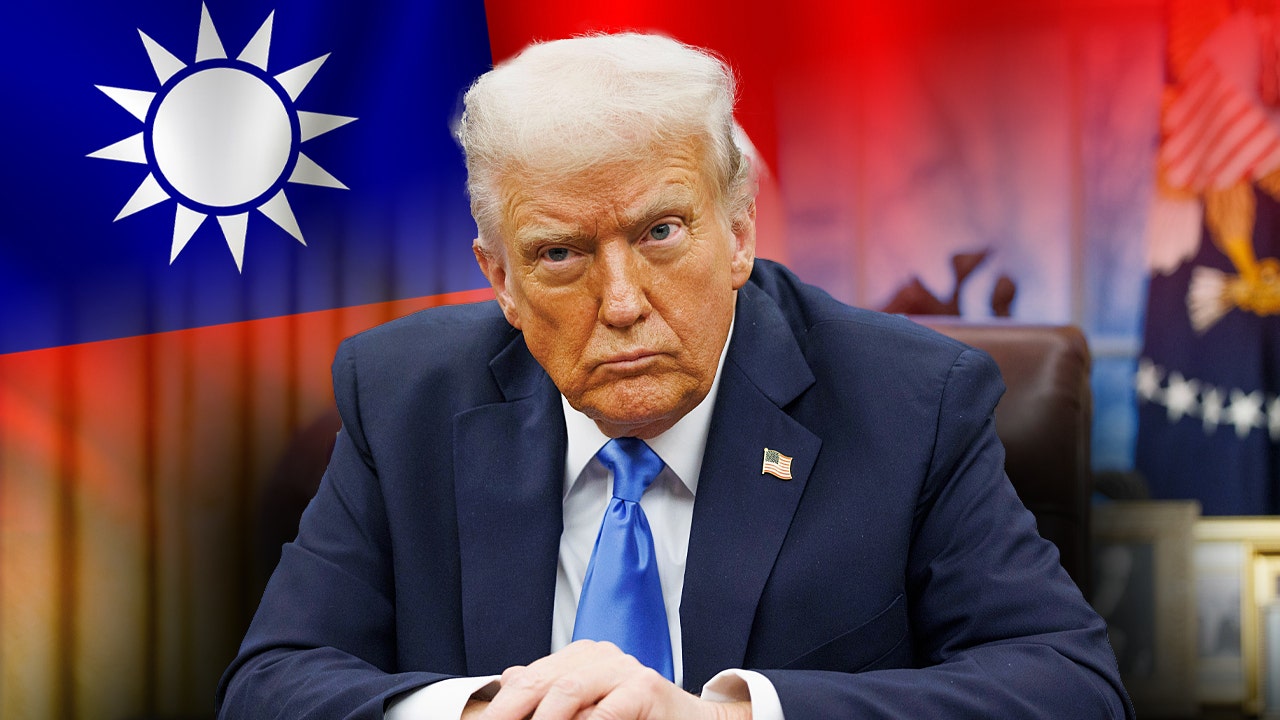Reagan’s ‘peace through strength’ doctrine can aid Trump administration with Taiwan policy, group says

A recent visit to Taiwan by a delegation led by the Ronald Reagan Presidential Foundation and Institute (RRPFI) has sparked discussions on the future of U.S.-Taiwan relations. The eight-member group, comprising U.S. national security and business leaders, shared key takeaways from their trip that could shape the Trump administration’s policies towards Taiwan.
One of the most significant recommendations put forth by the delegation is the need for the Trump administration to rethink the ‘One China’ policy and recognize Taiwan as a free and independent entity. This shift in approach could signal a stronger commitment to the partnership between the United States and Taiwan, particularly in the face of Chinese coercion and aggression in the region.
Defense spending was highlighted as a crucial aspect of the U.S.-Taiwan relationship, with the delegation emphasizing the importance of Taiwan shouldering the primary burden of its own defense. The group urged Taiwanese leaders to increase defense spending and enhance operational capabilities to ensure peace and stability in the region.
The delegation also drew parallels between Russia’s invasion of Ukraine and the potential implications for Taiwan. They pointed to the use of tools like the Presidential Drawdown Authority and Foreign Military Sales as valuable resources for enhancing Taiwan’s defense capabilities and deterring aggression from China.
David Trulio, president and CEO of the Ronald Reagan Presidential Foundation and Institute, underscored the need for a continued commitment to peace through strength in the face of China’s assertive actions. He emphasized the importance of robust partnership with Taiwan and sustained U.S. deterrence to address security challenges across the Taiwan Strait.
Taiwan has demonstrated a commitment to its security by increasing defense spending and investing in operational capabilities. The delegation urged Taiwanese leaders to continue on this path and underscored the importance of receiving weapons through the Foreign Military Sales process to enhance Taiwan’s security posture.
China has consistently opposed U.S. arms sales to Taiwan, viewing them as a threat to its territorial integrity. However, the delegation argued that denying weapons to Taiwan undermines its security and emboldens China’s narrative of the U.S. being an unreliable partner.
In conclusion, the visit to Taiwan by the Ronald Reagan Presidential Foundation and Institute delegation has highlighted the importance of reevaluating U.S. policies towards Taiwan. By recognizing Taiwan as a free and independent entity and enhancing defense cooperation, the Trump administration can strengthen the U.S.-Taiwan partnership and promote peace and stability in the region.




